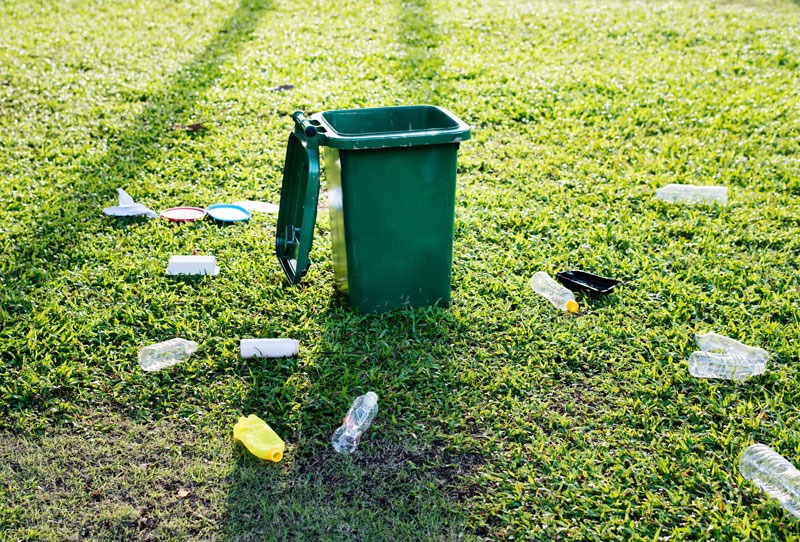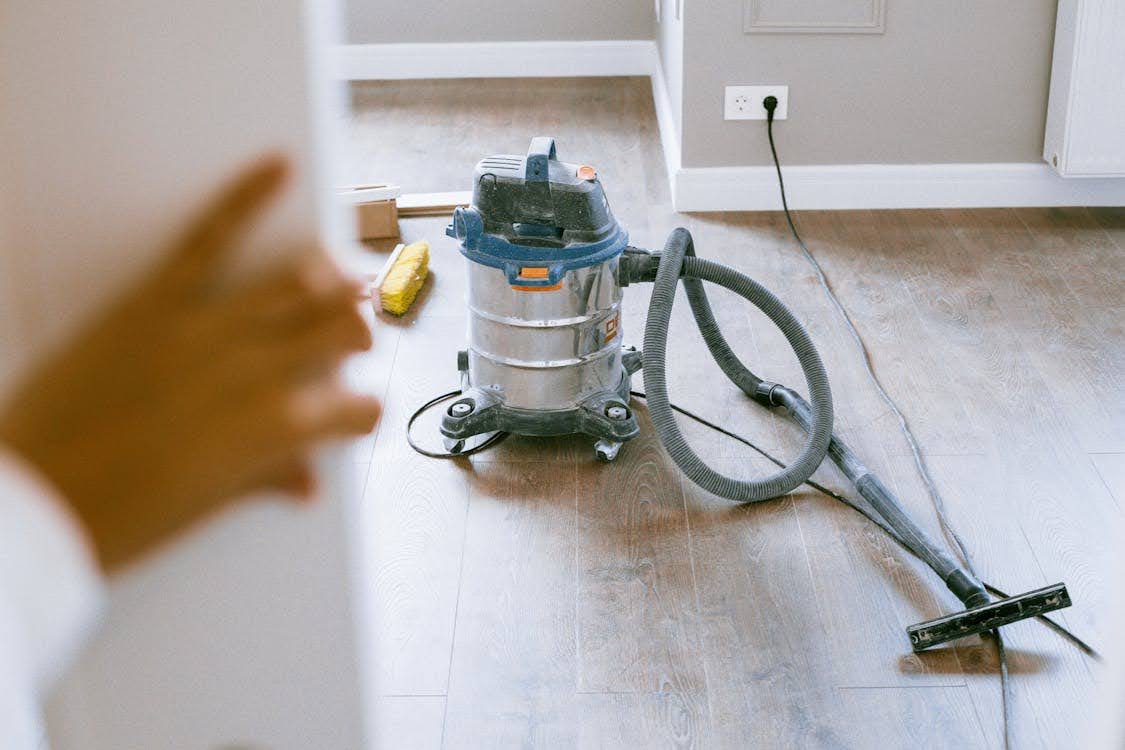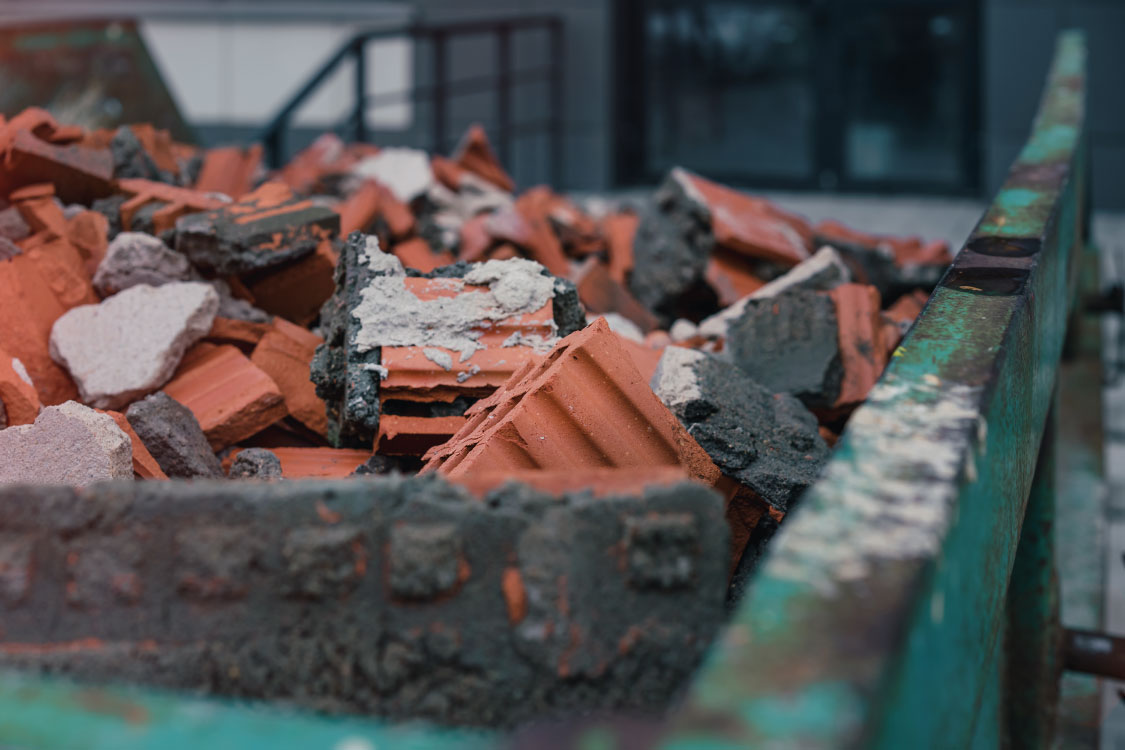
What Is Illegal Dumping And What Are The Effects?
We throw out trash everyday but have you ever stopped to think about whether what you’re doing might be against the law? No, we’re not talking about the day-to-day taking out of your kitchen bin. We’re talking about illegal dumping.

What is illegal dumping?
Well, it’s essentially the disposal of mixed waste on public or private land (or into water) without a licence or approval from relevant authorities. And yes, that includes leaving mattresses and TVs on the side of the road.
Illegal dumping can also extend to offences like larger scale dumping of materials in creeks and bushland. This can lead to long-term environmental issues, which means that illegal dumping can become a serious problem. We are here to round up a few things you should know about illegal dumping and the consequences it has on our communities.
Overview
The effects of illegal dumping
The effects of illegal dumping
1. Community impact
First and foremost, illegal dumping causes environmental pollution which can potentially harm not only the land it’s been dumped in but also the health of people who live in the area – especially when hazardous chemicals or asbestos are involved.
Dump sites can also attract rodents, insects and other vermin that pose even further health risks. Even incorrectly dumping green waste like weeds and other garden waste into local bushland can destroy it by reducing biodiversity and hindering revegetation.
General waste sitting on the curbside can also detract from the overall amenity and value of the area if it isn’t promptly removed.
2. Wasting council money
Many local councils are reporting estimated costs of $50,000 or more each year spent on responding to illegal dumping. These costs are being covered by the council rates we pay in order to remove the trash and counteract some of the problems we talked about above alongside staff resources, vehicles, equipment and education costs. Just think about how that money could be better spent in your local community.
3. Fines & fees
A common reason people dump rubbish is because they think it’s cheaper than taking it to a waste management facility or hiring a skip bin from a private waste contractor. But that’s untrue because if you get caught you can get slapped with an on the spot expiation fee of anywhere from $240 up to $60,000 with further action possible. We bet that anyone who’s been fined now wishes they just hired a skip bin instead.
4. How to dispose legally
The best way to dispose of your rubbish legally is to hire a skip bin. Hire will include delivery of the bin, pick up and disposal of the waste. Most South Australian local councils also offer one or two free hard waste collections per year for things like furniture, white goods and hot water services. Just check your local council website for more details so we can stop making illegal dumping a problem for our community.
Practise legal waste removal with Just Skips
We hope this answers your questions about illegal dumping. If you want to avoid the hazards of illegal dumping, or have any waste types questions you’re not sure about – like e-waste – get in touch with us today and we’ll help you out. We can also definitely help with removing anything from general waste and green waste to bricks and concrete.
FAQs
What is the penalty for illegal dumping in SA?
In SA, you could face up to $60,000 in fines for illegal dumping in a public or private area without an appropriate licence.
How can we solve illegal dumping?
The best way to solve illegal waste dumping is to hire a skip bin, visit your local recycling centres and encourage others to practise safe waste disposal methods. Reporting illegal dumping to relevant authorities is important in solving this environmental hazard.
What are the side effects of illegal dumping?
The side effects to illegal dumping can lead to land, air and water pollution, contaminating our environment and drinking water, it can become a safety hazard if the rubbish includes glass or chemicals and it can create fire hazards.
People also read:
How to improve waste management – 7 tips



